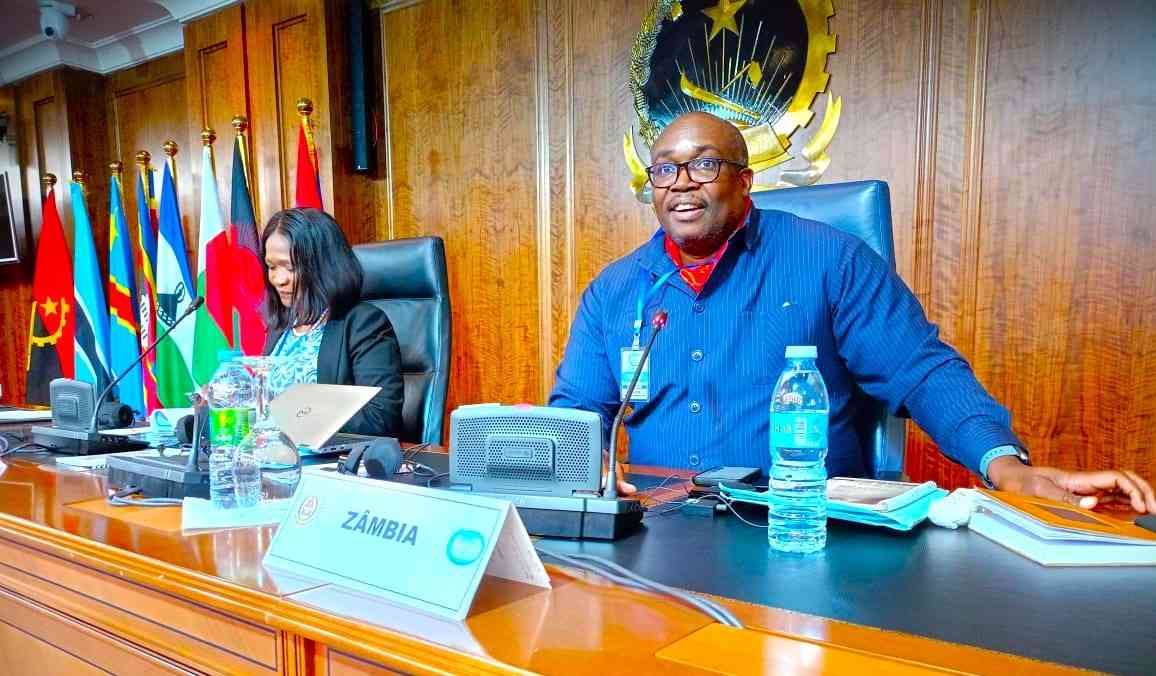
By Tapiwa Gomo
EXACTLY 150 years ago, Otto Eduard Leopold von Bismarck became the Chancellor of the Germany Empire. He masterminded the unification of Germany in 1871 and served as its first Chancellor until 1890, in which capacity he dominated European affairs for two decades. Bismarck was strong-willed, outspoken and overbearing and was known to exhibit a violent temper — characteristics which he effectively used to make himself and the Germany Empire the most powerful centres of power in Europe and across the world.
The result of the strength and military power of Germany under Bismarck was that during his tenure he became an arbitrator in all major global diplomatic disputes, whether they concerned Europe, Africa or Asia. Even with his autocratic tendencies, Bismarck was known to possess, not only a long-term national and international vision, but also the short-term ability to juggle complex economic, military, political and social matters.
You may be wondering why you are being drawn to the deeper and darker ages of time of an autocratic character that existed in so distant places. The answer lies in what some historians describe as Bismarck’s international vision and its implications on the world today, mainly on Africans.
The world we live today is largely shaped by Bismarck’s ideas. The way Western countries operated and the race relations that underpinned colonialism and post-independent Africa were well articulated in his policies during and after his tenure.
That also informed the political and economic relations between Africa and the West. Part of his policy on Africa was to introduce tourism for Europeans — an approach that lumped humans and animals as wildlife. His dislike and hatred for Africans and his white supremacist policies were never a secret as today major global scars inflicted on different parts of the world are still visible.
Bismarck aggressively pursued a policy of imperialism, for economic benefits and for political and national prestige and Africa was one of his targets. It was no surprise that in 1884-85, Bismarck convinced European powers at a conference in Berlin, to disregard and dehumanise Africans and partition their continent.
The political administration, the culture and the borders starting from your village to country-level were influenced and co-ordinated by Bismarck at the Berlin conference. Your social, economic and political status today is a blueprint of how Bismarck envisaged the world.
- Chamisa under fire over US$120K donation
- Mavhunga puts DeMbare into Chibuku quarterfinals
- Pension funds bet on Cabora Bassa oilfields
- Councils defy govt fire tender directive
Keep Reading
The way the world treats black people is exactly how Bismarck envisaged.
What triggers this instalment in a world grappling with the largest pandemic in recent human history?
Events of the past week remind us that while Bismarck died in 1898, his legacy has remained and his views continue to exist in pursuit of white supremacism over Africans even in the current ages of democracy and egalitarianism.
Prince William, the Duke of Cambridge — a father of three, was once again quoted, at the Tusk conservation awards held in London last week saying population growth in Africa is putting pressure on wildlife. “The increasing pressure on Africa’s wildlife and wild spaces as a result of human population presents a huge challenge for conservationists, as it does the world over.” He first uttered similar remarks in 2017 raising similar concern that population growth in Africa was endangering the continent’s wildlife.
It is easy to see nothing wrong with such statements mainly from an environmental conservation perspective. But when one is reminded of Bismarck’s intentions to fence Africa and introduce tourism for Europeans it may begin to dawn. It is the selfishness and the paternalistic attitude that smacks of Bismarck’s views 150 years ago on how the West must view Africans.
Perhaps, the Prince needs to remind himself that before the arrival of humans the fauna in Europe, including his kingdom, was more diverse and widespread than today. 80% to 90% of Europe was once covered by forests but they are now heavily depleted due deforestation, population growth and human activity, mainly during the several waves of industrialisation. Several species of wildlife are now extinct in Europe all due to the same factors which is why Europeans flock to Africa during their summer break to see wildlife that their ancestors destroyed for the love of money and power.
In addition, the prince fails to acknowledge that the largest loss of wildlife in Africa happened during the scramble and partitioning for Africa in 1900s when Europeans arrived with guns and that hunting by Europeans has continued to massively contribute to wildlife depletion in Africa. He also chose to ignore that the diverse range of wildlife that remains today is due to the traditional and modern environmental conservation efforts by Africans and their governments.
It is the same statements that make most Africans paranoid when dealing with Western authorities mainly where population growth and numbers are concerned.
There are just too many conspiracies flying around about how some Western quarters think the population in Africa needs to be reduced. Why is population growth in Africa a concern to the United Kingdom than to African governments? Africa has far less population density of 36,4 people per square kilometre compared to 72,9 per square kilometre for Europe and 100 per square kilometre for Asia.
In 2020, Kenya and Zimbabwe raised alarm over the growing number of elephants and their inability to sustain rising numbers and how that was becoming a threat to the environment. In 2019, Botswana, home to the world’s largest African elephant population, was criticised for lifting its five-year suspension of elephant hunting. The lifting of the ban was praised by locals who argued that wild elephants were ruining their livelihoods. Several African countries have developed and are implementing effective policies that reduce human–wildlife conflict, preserve the environment and promote co-habitation in some areas. But again, the Prince chooses not to see these issues and efforts by Africans but concern himself with how population growth in Africa is harming wildlife in Africa.
- Tapiwa Gomo is a development consultant based in Pretoria, South Africa. He writes here in his personal capacity.











